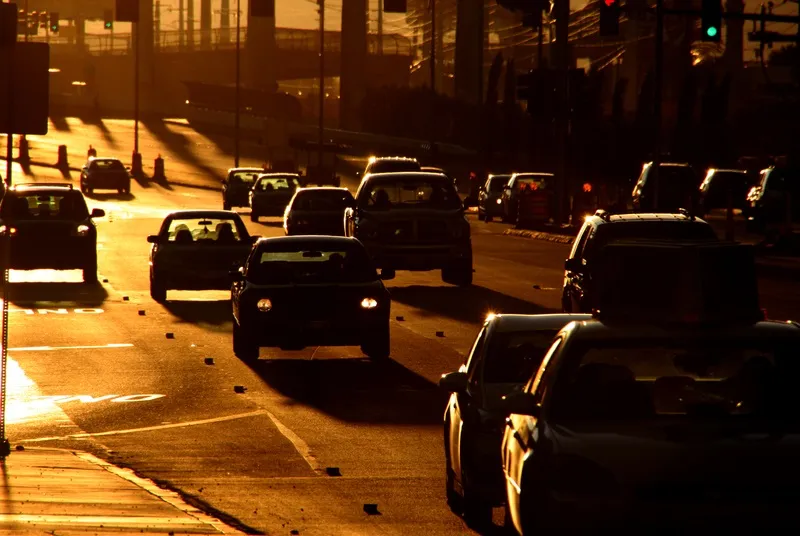
New figures from StreetLight Data suggest that, in the lead-up to the Memorial Day holiday weekend, Americans have been largely staying put rather than taking to the highway.
However, the company's 2020 pre-Memorial Day beach county VMT analysis does show a major uptick in activity - compared with the height of the lockdown - for what is often seen as the unofficial start of summer.
It says: "Virtually all beach counties have seen at least a 200% gain in VMT activity since the low point on Easter."
And four counties, including Cape Cod, have seen a 50% rise or greater since Mother's Day on 10 May.
US VMT is now 240% higher than its low point in April, with average VMT 32% higher than it was on Mother's Day - which was the busiest Sunday on record since shelter-in-place orders began.
However, for context, these figures need to be set against what 'normal' VMT would look like.
The VMT figure was 7.04 billion on 14 May - but this represents something like a 50% year-on-year decline.
US VMT was down 83% on Easter Sunday (at 2.41 billion miles) – which means that VMT is now around three times what it was at Easter, and is showing a consistent rebound up to the holiday weekend.
But it is still far below what would be expected, confirming that the Covid-19 lockdown has had a significant effect on keeping Americans out of their automobiles.
StreetLight Data's VMT Monitor map is created using anonymised data from smartphones and other GPS-enabled devices, providing county-by-county VMT metrics.










